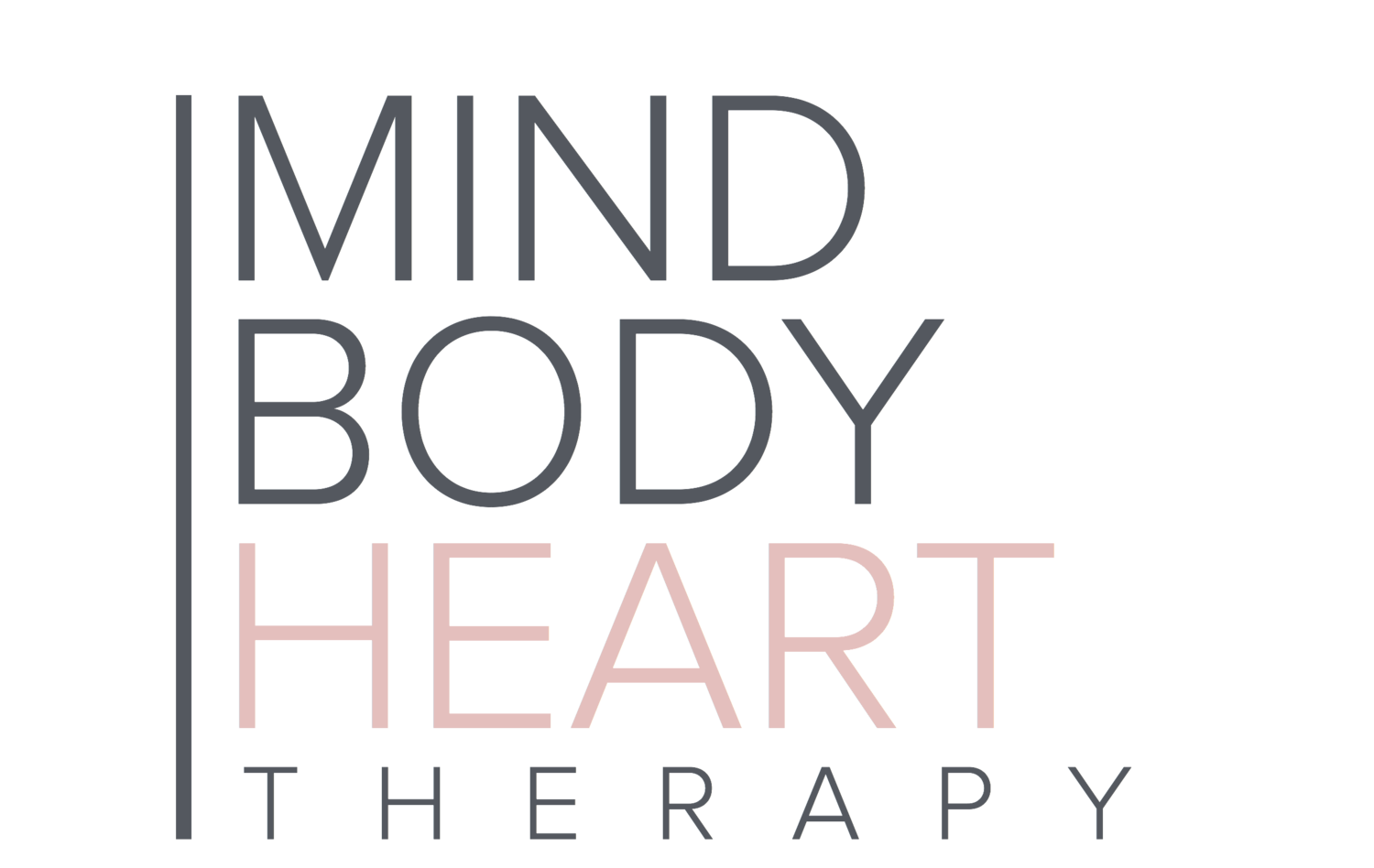“Someone once handed me a box of darkness. It took me years to understand that this, too, was a gift. ”
There is a parable in the Theravadan Buddhist tradition about a woman named Kisa Gotami. According to the story, Kisa’s only child, a little boy, had died. Devastated by the loss, she carried the little boy's body from neighbor to neighbor and pleaded for someone to give her medicine to bring him back to life. One of her neighbors told her to find the Buddha and ask him if he had a way to bring her son back to life.
Carrying the body of her beloved son, Kisa found the Buddha and pleaded with him to help bring her son back to life. The Buddha told her to go back to her village and gather mustard seeds from the households of those who have never been touched by the death. He would use the mustard seeds she gathered, he said, to bring her baby back to life. Relieved, she went back to her village and began going door-to-door, asking each neighbor for seeds.
All of the neighbors were willing to give her their seeds, but each house that she visited had been touched by death. As day turned to night, Kisa realized that each house had been touched by death and with this new understanding, her grief was calmed.
One of the things that is true of every client I have ever seen with chronic pain is that they feel alone in their suffering. Chronic pain is often invisible to the people around us and certain types of chronic pain (like IBS symptoms or chronic pelvic pain) cause people to feel ashamed or embarrassed. But one of the greatest gifts of pain is how it allows us to tap into our common humanity, the reminder that we all are only human, living in these bodies that are subject to sickness, pain, aging, and death.
When we lose sight of the fact that others are having the same experience as we are, we are likely to feel lonely and isolated and it is easy to slip into feelings of self-pity or to compare our experience with the experience we imagine someone else is having. Social media, where we generally only get glimpses of the highlight reels of other people’s lives can make this especially challenging. Indeed, research suggests that increased feelings of loneliness and isolation are correlated with time spend on social media.
As human beings it is also easy to fall into the trap of thinking this “shouldn’t” be happening or of blaming ourselves or someone else when we are in pain. With pain especially, our brain is hard-wired to want to get rid of it and to see it as a problem. When you are experiencing painful symptoms, it’s very likely that your brain is insistent that this should not be happening and that you should somehow be able to stop it. And then when you can’t, the brain often latches on to the idea that this is your fault. Of course this is faulty logic and common humanity can allow us to see through the trick of believing that things are "supposed" to go well. They aren't. It is normal and human to experience difficulties on a regular basis given thousands of things that are likely to turn out differently than we had wanted or hoped.
Recognizing our common humanity is the antidote to these difficulties. In truth, chronic pain affects more people in the US than heart disease, cancer, and diabetes combined. Whatever type of pain you are experiencing right now, you are not alone. When I am in pain or having a difficult moment and my brain is tricking me into thinking I am somehow alone in this difficulty, I try to use that as an opportunity to gently remind myself that this is what it means to be human: the experience of suffering and of feeling alone in suffering is undeniably human. This pain can be a way of allowing us to deepen our compassion for all human beings.
Common humanity allows us to see our actions and behavior in the context of what we are: fallible, imperfect, and gloriously lovable humans. So much of what happens in our lives is outside of our control: our genetics, our trauma histories, the environments into which we were born, our pain. Certainly, if it was possible to directly control your pain, you would not be experiencing it. Instead, we are often at the mercy of our nervous systems and bodies, doing the very best that we can do with the tools that we have in any given moment. Like the parable of the mustard seed, common humanity allows us to see that instead of isolating us, our pain is actually the thing that most connects us to each other.

